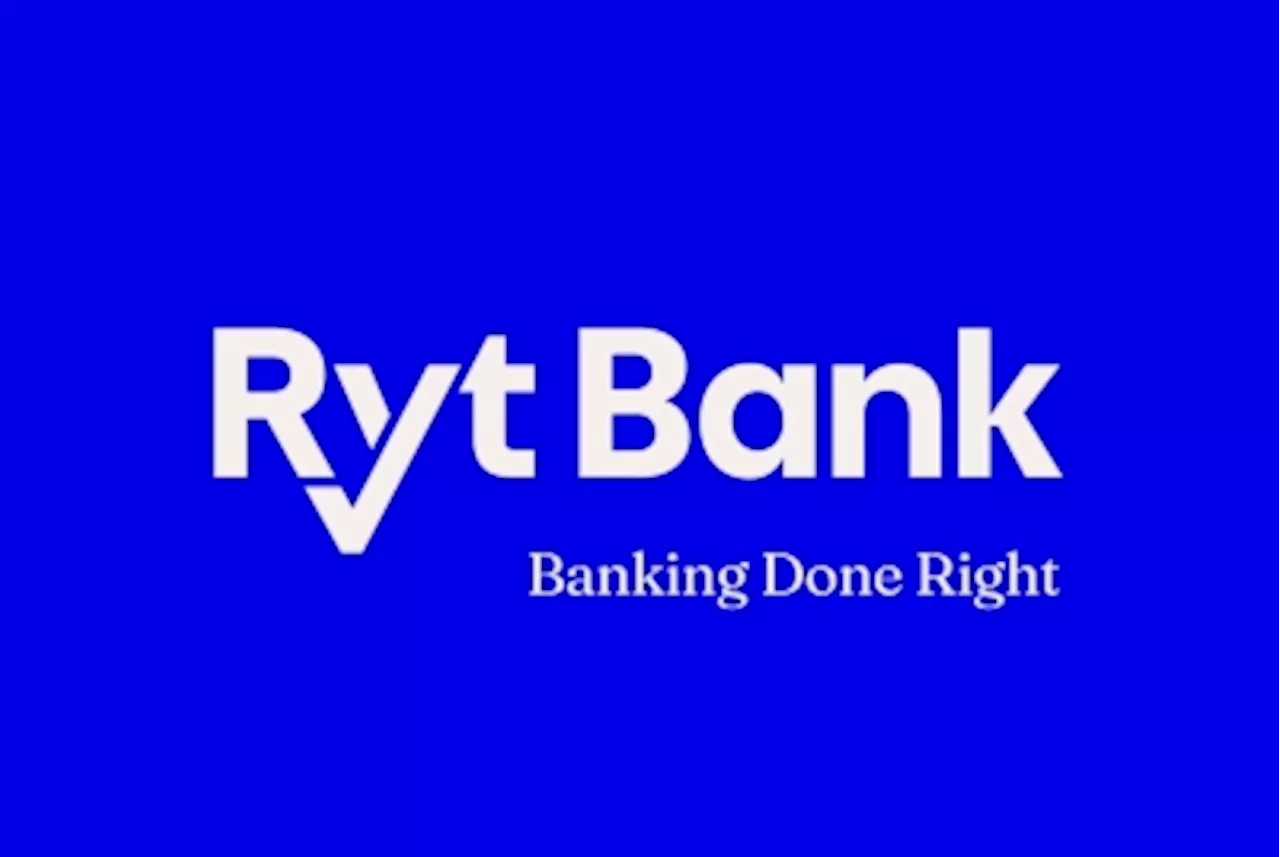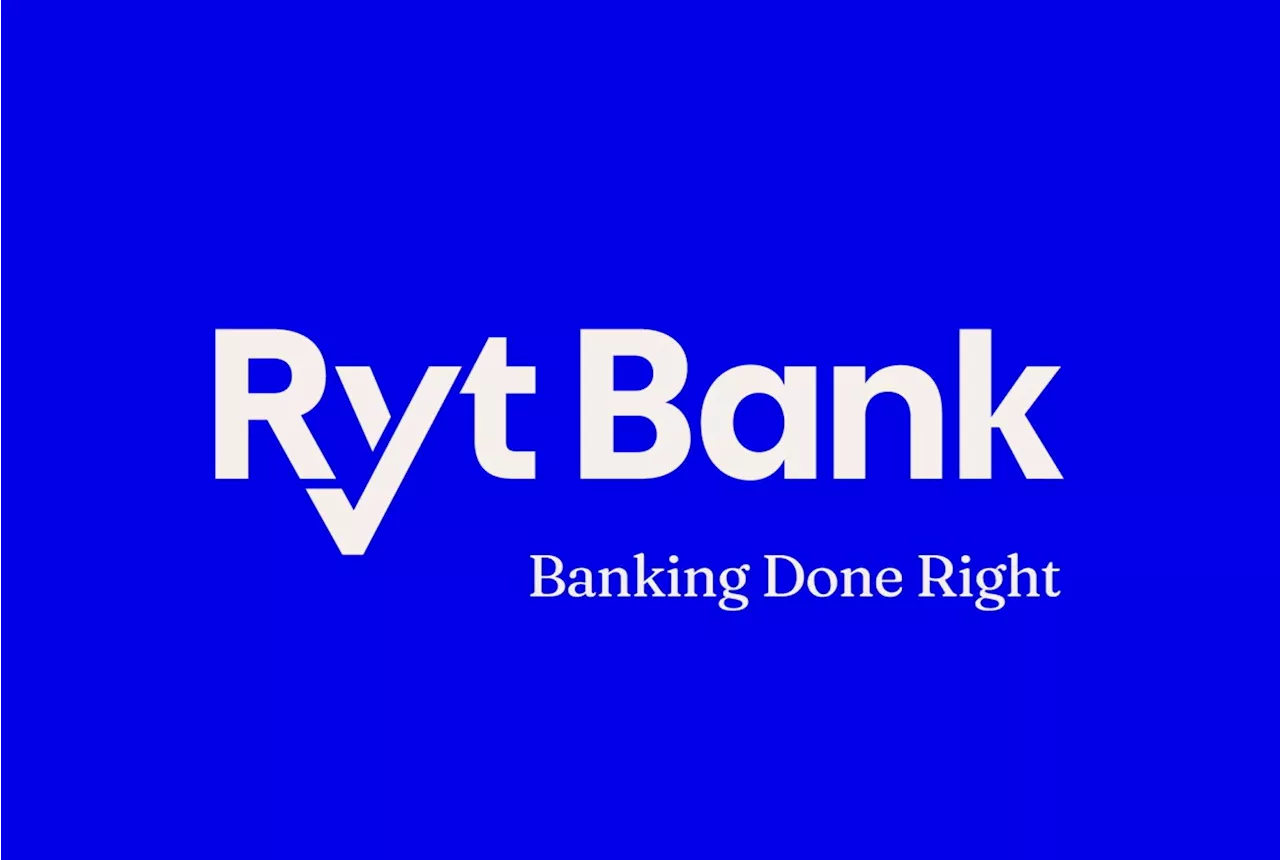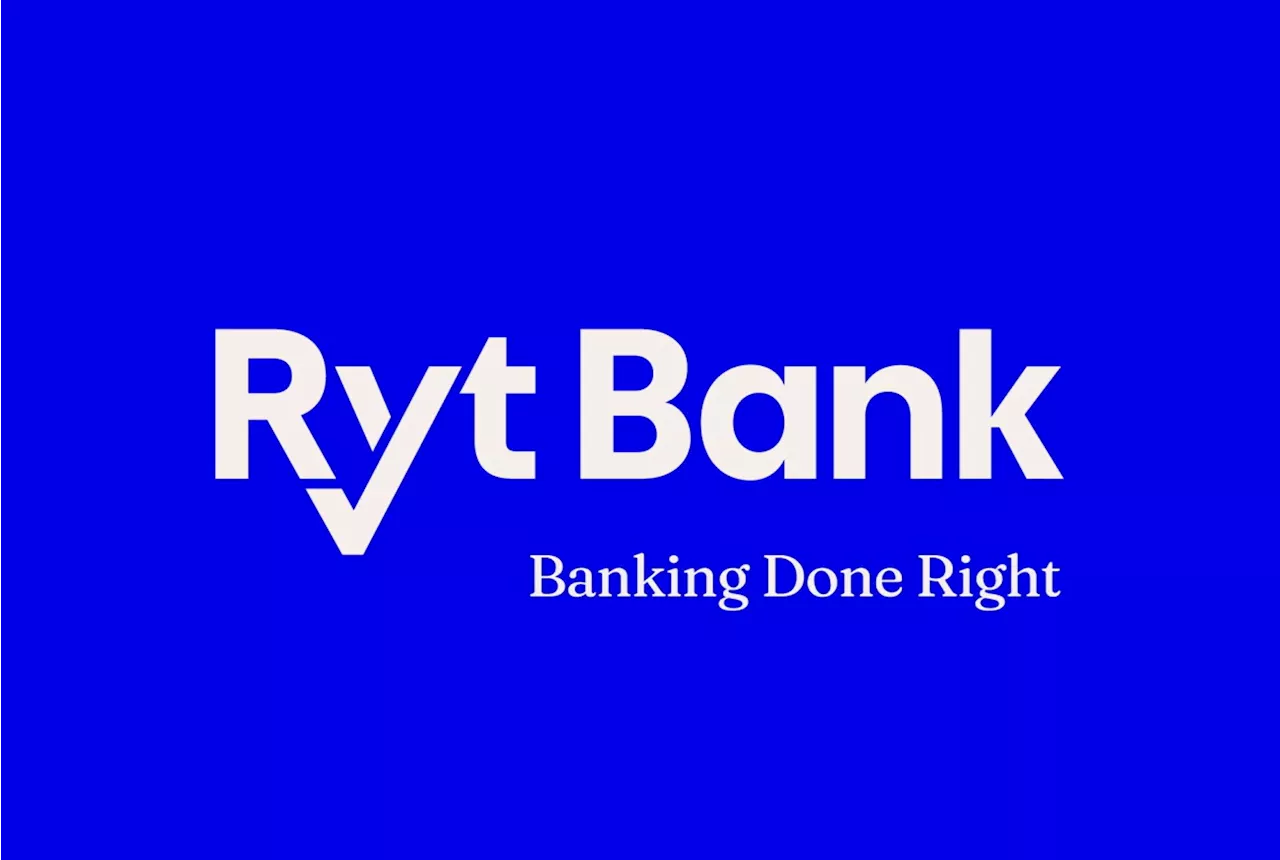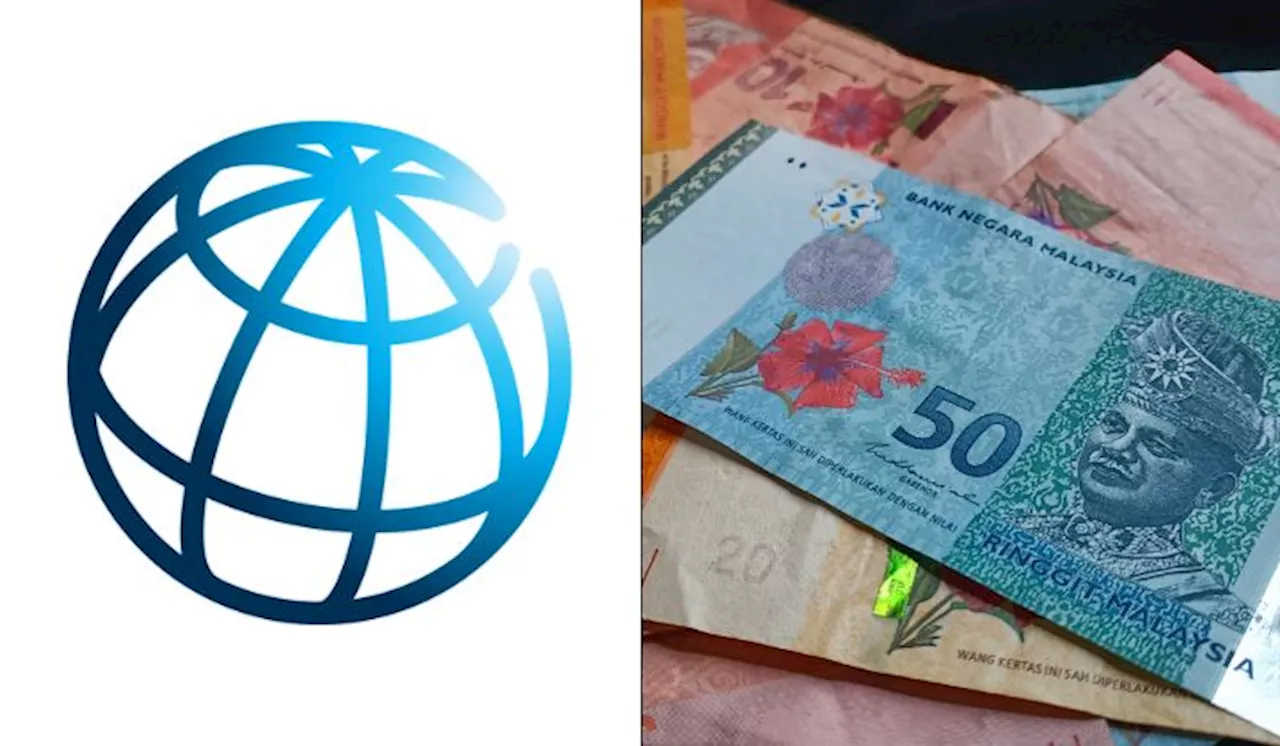The World Bank has urged Malaysia to consider reintroducing the Goods and Services Tax (GST) to boost tax revenue and reduce income disparity. The report highlights the potential benefits of GST implementation and suggests targeted assistance measures to mitigate its impact on low-income households.
The reintroduction of the Goods and Services Tax ( GST ) in Malaysia is a topic of ongoing discussion, with the World Bank recently recommending its implementation to improve the efficiency of the country's tax system and reduce economic inequality. The GST , which was previously abolished in 2018, could generate significant revenue for the government, estimated to be around 1% of the Gross Domestic Product (GDP) if implemented at a base rate of 10%, according to a World Bank report.
The report highlights that Malaysia's current tax revenue from indirect taxes is relatively low at 3% of GDP, significantly lower than the average for low-income countries. The World Bank emphasizes that implementing a GST or Value Added Tax (VAT) would be a highly effective way to increase tax revenue in the short term. They argue that these forms of indirect taxation are widely considered to be among the most efficient in a country's tax system, allowing for broad and swift implementation. The report also suggests that targeted assistance and rebates on GST could mitigate the impact on low-income households, ensuring that any increase in indirect taxes does not disproportionately affect them. While the government has not yet taken any concrete steps towards reintroducing the GST, the World Bank's recommendation carries significant weight. The potential benefits of increased tax revenue and reduced economic inequality are enticing, and the government may ultimately decide to pursue this option. However, there are also potential challenges associated with the reintroduction of the GST, such as public resistance and the need to implement a fair and effective system of rebates and exemptions. The government will need to carefully weigh these factors before making a decision
GST Malaysia World Bank Tax Revenue Economic Inequality Value Added Tax (VAT) Indirect Taxes
Malaysia Latest News, Malaysia Headlines
Similar News:You can also read news stories similar to this one that we have collected from other news sources.
 YTL Digital Bank Launches Ryt Bank, Malaysia's First AI-Powered Digital BankYTL Digital Bank Berhad, a joint venture between YTL Digital Capital Sdn Bhd and Sea Limited, has officially launched Ryt Bank, Malaysia's first AI-powered digital bank. The bank received its digital banking license and is set to commence operations from December 20, 2024. Ryt Bank boasts an AI-powered chatbot, Ryt AI, that simplifies banking services, delivers personalized financial insights, and manages advanced savings strategies. The bank emphasizes security, transparency, accessibility, and a commitment to serving the underserved population.
YTL Digital Bank Launches Ryt Bank, Malaysia's First AI-Powered Digital BankYTL Digital Bank Berhad, a joint venture between YTL Digital Capital Sdn Bhd and Sea Limited, has officially launched Ryt Bank, Malaysia's first AI-powered digital bank. The bank received its digital banking license and is set to commence operations from December 20, 2024. Ryt Bank boasts an AI-powered chatbot, Ryt AI, that simplifies banking services, delivers personalized financial insights, and manages advanced savings strategies. The bank emphasizes security, transparency, accessibility, and a commitment to serving the underserved population.
Read more »
 Malaysia's First AI-Powered Digital Bank, Ryt Bank, to Launch in December 2024Ryt Bank, a joint venture between YTL Digital Capital Sdn Bhd and Sea Limited, has received its digital banking license and is set to commence operations on December 20th, 2024. Described as Malaysia's first AI-Powered Digital Bank, Ryt Bank aims to redefine banking with a customer-centric approach powered by artificial intelligence (AI). The bank will be launched in phases to ensure a smooth rollout. Ryt Bank's core offering is its Ryt AI chatbot, a ChatGPT-style AI-powered private banker designed to simplify banking services, deliver personalized financial insights, and manage advanced savings strategies. The bank emphasizes accessibility, security, transparency, and affordability, promising a seamless and innovative banking experience for Malaysians.
Malaysia's First AI-Powered Digital Bank, Ryt Bank, to Launch in December 2024Ryt Bank, a joint venture between YTL Digital Capital Sdn Bhd and Sea Limited, has received its digital banking license and is set to commence operations on December 20th, 2024. Described as Malaysia's first AI-Powered Digital Bank, Ryt Bank aims to redefine banking with a customer-centric approach powered by artificial intelligence (AI). The bank will be launched in phases to ensure a smooth rollout. Ryt Bank's core offering is its Ryt AI chatbot, a ChatGPT-style AI-powered private banker designed to simplify banking services, deliver personalized financial insights, and manage advanced savings strategies. The bank emphasizes accessibility, security, transparency, and affordability, promising a seamless and innovative banking experience for Malaysians.
Read more »
 Ryt Bank Set to Launch as Malaysia's First AI-Powered Digital BankRyt Bank, a joint venture between YTL Digital Capital Sdn Bhd and Sea Limited, has received its digital banking license and is set to commence operations on December 20th, 2024. Described as Malaysia's first AI-Powered Digital Bank, Ryt Bank aims to redefine banking in Malaysia by leveraging artificial intelligence to provide an unparalleled customer experience. The bank will be launched in phases to ensure a smooth rollout.
Ryt Bank Set to Launch as Malaysia's First AI-Powered Digital BankRyt Bank, a joint venture between YTL Digital Capital Sdn Bhd and Sea Limited, has received its digital banking license and is set to commence operations on December 20th, 2024. Described as Malaysia's first AI-Powered Digital Bank, Ryt Bank aims to redefine banking in Malaysia by leveraging artificial intelligence to provide an unparalleled customer experience. The bank will be launched in phases to ensure a smooth rollout.
Read more »
 YTL Digital Bank, Ryt Bank, Launches in MalaysiaRyt Bank, a digital bank backed by YTL Digital Capital and Sea Limited, has received its banking license and is set to launch in Malaysia. The bank will begin operations on December 20th, 2023, with a phased rollout to the public to ensure a smooth launch. Ryt Bank aims to revolutionize banking in Malaysia by leveraging artificial intelligence (AI) to provide a seamless customer experience and financial services.
YTL Digital Bank, Ryt Bank, Launches in MalaysiaRyt Bank, a digital bank backed by YTL Digital Capital and Sea Limited, has received its banking license and is set to launch in Malaysia. The bank will begin operations on December 20th, 2023, with a phased rollout to the public to ensure a smooth launch. Ryt Bank aims to revolutionize banking in Malaysia by leveraging artificial intelligence (AI) to provide a seamless customer experience and financial services.
Read more »
 Malaysia Needs Tax Reforms to Reduce Inequality, Says World BankThe World Bank recommends tax reforms in Malaysia to raise additional revenue and tackle income inequality. The report highlights the need for progressive taxation, particularly personal income tax, to redistribute wealth and fund social spending. It also emphasizes the importance of increasing public spending to achieve high-income country goals and close the income gap between the wealthy and the rest of the population.
Malaysia Needs Tax Reforms to Reduce Inequality, Says World BankThe World Bank recommends tax reforms in Malaysia to raise additional revenue and tackle income inequality. The report highlights the need for progressive taxation, particularly personal income tax, to redistribute wealth and fund social spending. It also emphasizes the importance of increasing public spending to achieve high-income country goals and close the income gap between the wealthy and the rest of the population.
Read more »
 World Bank Report: Income Divide Within Races More Significant in MalaysiaA new World Bank study reveals that income inequality within racial groups is a more pressing issue in Malaysia than disparities between different races. The report, analyzing income evolution and mobility over the past two decades, challenges previous studies focusing solely on ethnic or regional gaps. It highlights the intersection of ethnicity and location as key drivers of inequality, with income disparities within Bumiputera, Chinese, and Indian communities being more pronounced.
World Bank Report: Income Divide Within Races More Significant in MalaysiaA new World Bank study reveals that income inequality within racial groups is a more pressing issue in Malaysia than disparities between different races. The report, analyzing income evolution and mobility over the past two decades, challenges previous studies focusing solely on ethnic or regional gaps. It highlights the intersection of ethnicity and location as key drivers of inequality, with income disparities within Bumiputera, Chinese, and Indian communities being more pronounced.
Read more »
